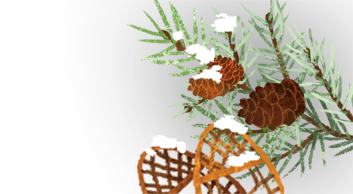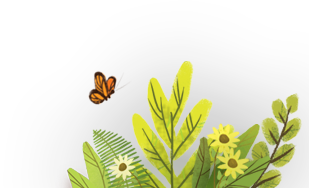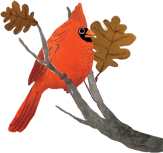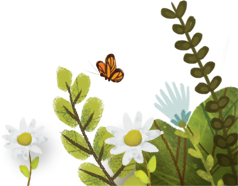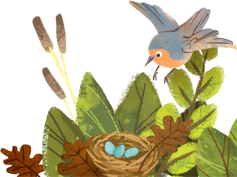A portion of the class will be outside, so participants should dress accordingly.
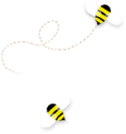
Life Cycle of Trees
| Title | Life Cycle of Trees |
| Audience | 2nd Grade |
| Offered | April - May |
| Length | 1 hr. 50 minutes (time in the Exploration Hall included) |
Preparing for this Class
Class Description
This class begins with an indoor discussion of the life cycle of a tree, including how physical growth and change are natural parts of the tree life cycle. Students will enjoy seeing a classmate “dressed” up as a tree as we explore the major parts of a tree and what trees require to survive and thrive. After this students with their own class will rotate through two activities.
- Inside the classroom students work in groups as they become “tree-tectives”. They will use dichotomous keys as they work to identify 10 local trees using leaf and seed examples.
- Outside students will hike through the woods where they will look for examples of the different stages of the tree life cycle, i.e. seeds, saplings, healthy mature trees, trees in decline and dead decaying trees on the ground.
Correlation to MN Science Standards
- Describe and sort plants into groups in many ways, according to their physical characteristics and behaviors. (2.4.1.1.1)
- Recognize that plants need space, water, food and air and they fulfill these needs in different ways. (2.4.2.1.1)
- Describe the characteristics of plants at different stages of their life cycle. (2.4.3.1.1)
- Identify common groups of plants and animals using observable physical characteristics, structures and behaviors. (3.4.1.1.2)
Science Vocabulary
|
Observe Trunk Circumference Roots Branch Bud Leaf |
Leaf Margin Needles Deciduous Coniferous
|
Annual cycle Adult tree Sapling Seedling Senescent Tree (Decaying tree)
|
Tree Rings Early wood Late wood Dormancy
|
*denotes a Quarry Hill vocabulary word



